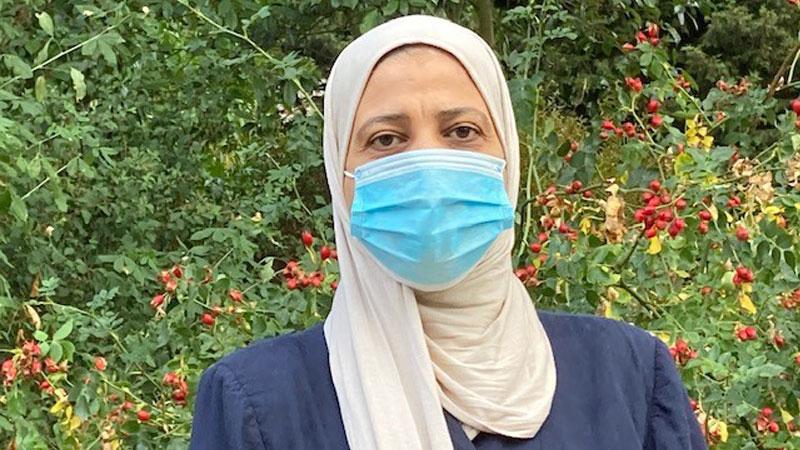Dr Manal Mohammed, Lecturer in Medical Microbiology, wrote an article for The Conversation about how your bed probably isn’t as clean as you think. The article has been republished over 150 times, including by CNN, Inverse and IFL Science.

In the article, Dr Mohammed explains that your bed isn’t dissimilar to a petri dish, in that the combination of sweat, saliva, dandruff, dead skin cells and even food particles make it the optimal environment for many germs. These, she explained, include bacteria, fungi, viruses and even tiny bugs.
Talking about bugs in our beds, she wrote: “You shed around 500 million skin cells per day while sleeping in bed. These skin cells may attract and be eaten by microscopic dust mites. These mites and their droppings can trigger allergies and even asthma. Bedbugs can also be a danger. Although these tiny bugs haven’t been shown to transmit disease, they can cause itchy red bite marks along with a variety of mental health effects, including anxiety, insomnia and allergies.”
Discussing proper bed hygiene, she added: “Since we can’t wash our sheets every day, one thing you can do daily is air your sheet every morning. Since moisture builds up in them while we’re sleeping, pulling the duvet back so the bed sheets can breathe before making the bed means your sheets and mattress become a less attractive nesting spot for bacteria and mites.”
Read the full article on The Conversation’s website.


